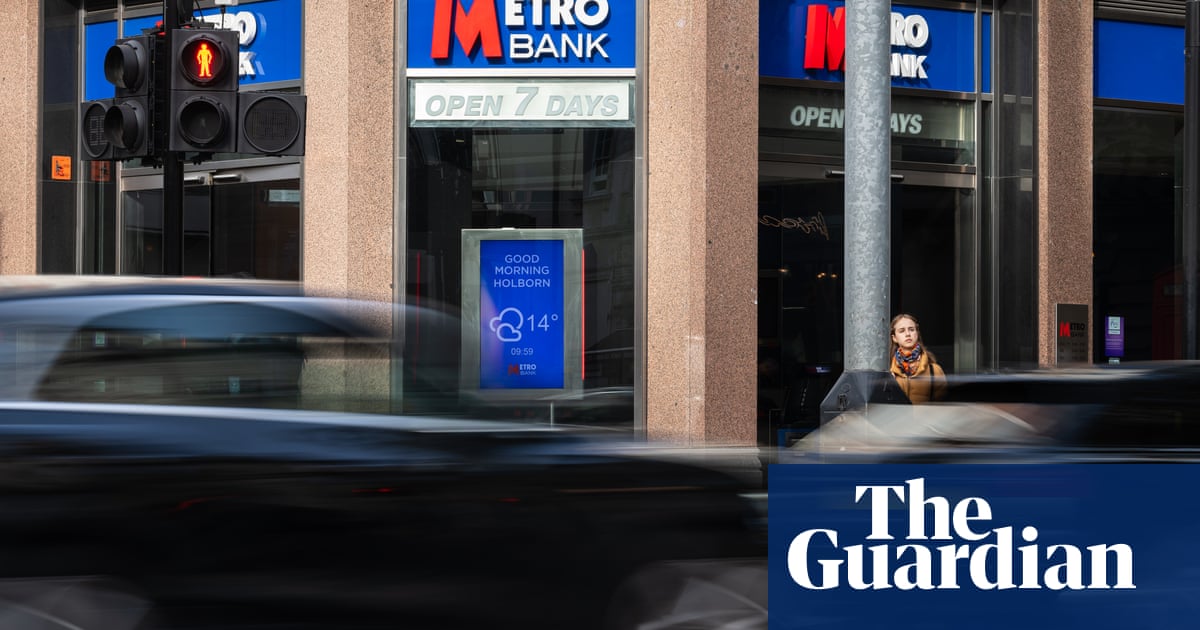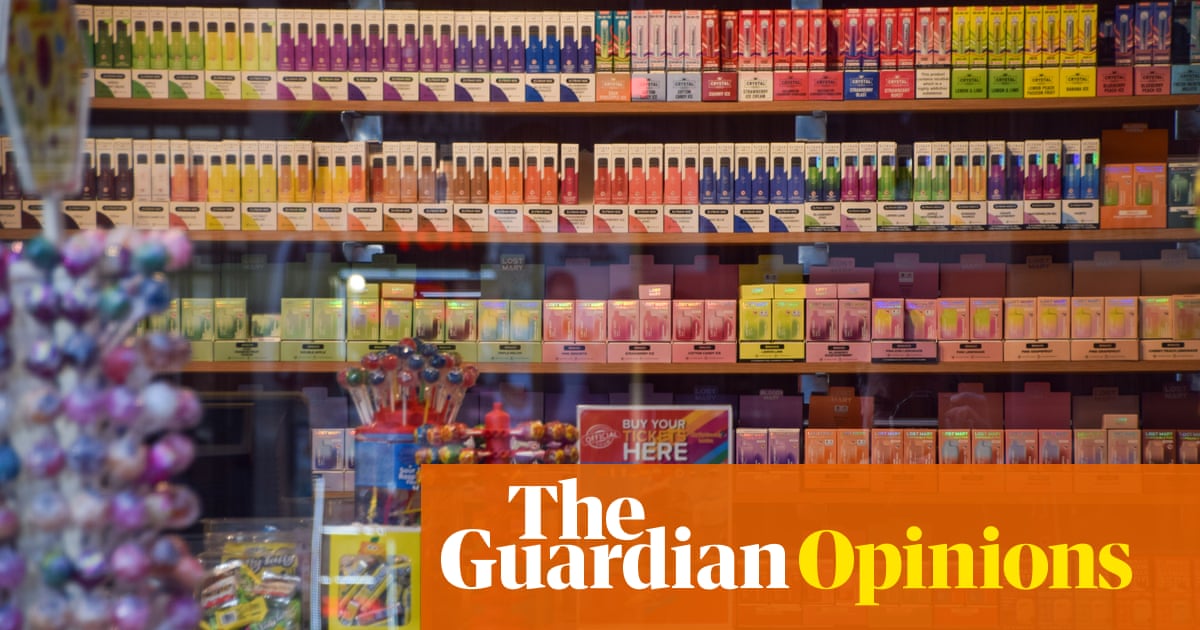
In 1992, Kurt Cobain told Rolling Stone: “I don’t blame the average 17-year-old punk-rock kid for calling me a sellout.” Nirvana had moved from indie label Sub Pop to Geffen, a major, to release Nevermind. “And maybe when they grow up a little bit, they’ll realise there’s more things to life than living out your rock’n’roll identity too righteously.” As ever, Cobain was right: three decades on, bellyaching about integrity is outdated when ethics don’t pay the rent.
The argument over selling out is as old as pop itself. Everyone was at it in the 60s (the Rolling Stones shilled Rice Krispies), as satirised by the Who on 1967’s The Who Sell Out. A decade later, punk poked at it from all angles: the Sex Pistols, for example, were a provocatively commercial confection. The 80s were more hardline, the decade’s excesses making integrity a crucial point of difference. Old-timers backed their cause: “Ain’t singin’ for Pepsi, ain’t singing for Coke,” Neil Young sang in 1988.
Orthodoxy inevitably inspires contrarianism. Lou Reed was unapologetic about his 1985 Honda ad; in 1989, Sonic Youth left indie Enigma for Geffen, lured by greater creative freedom. They inspired Teenage Fanclub, Beck and Nirvana to follow suit. The latter’s success prompted the grunge boom, a honeymoon period when alternative acts could make major cash. Indie label Matador partnered with Atlantic, then Capitol. Motörhead hawked Pot Noodle.
Teen pop – primarily the Spice Girls’ rise – briefly made selling out objectionable. But Y2K ad execs embraced their tastemaking potential: Gap had Run DMC and Low; Levi’s made Mr Oizo’s Flat Eric famous; Apple and mobile phone companies exposed the mainstream to Feist, the Dandy Warhols and Arthur Russell. Moby, famously, synced every track from his 1999 album Play. Starbucks sold millions of CDs, and a pre-teen Taylor Swift aspired to see her music sold there (it was). Venue and festival corporatisation meant even commercial holdouts were likely to perform in front of a beer logo.
Then came the ravages of Napster. Indie became less stance than (woolly) genre, and hipster gatekeeping was derided. By the 2010s, any flak around selling out was directed at companies ripping off indie hits without paying the songwriters. Rage at the emergent Lana Del Rey for pairing indie aesthetics with major label money swiftly looked very silly.
Perhaps the most significant recalibration of what it meant to sell out was rap ascending to total cultural dominance, its often aspirational, entrepreneurial mindset inspiring respect among fans. Artists with a sense of humour embraced advertising’s pop-cultural potential, as when producer Sophie let McDonald’s use Lemonade.
It’s not a total free-for-all – Clean Bandit were mocked for their excruciating 2015 Microsoft Cortana ad – but, short of performing for dictators, selling out lost its sting, especially given that streaming revenues were hardly lucrative. These days you’re more likely to get cancelled for being a snob about a musician’s finances than they are for accepting a payday. Telegraph your loyalty to the cause by purchasing a Ramones T-shirt from Marks and Spencer.












